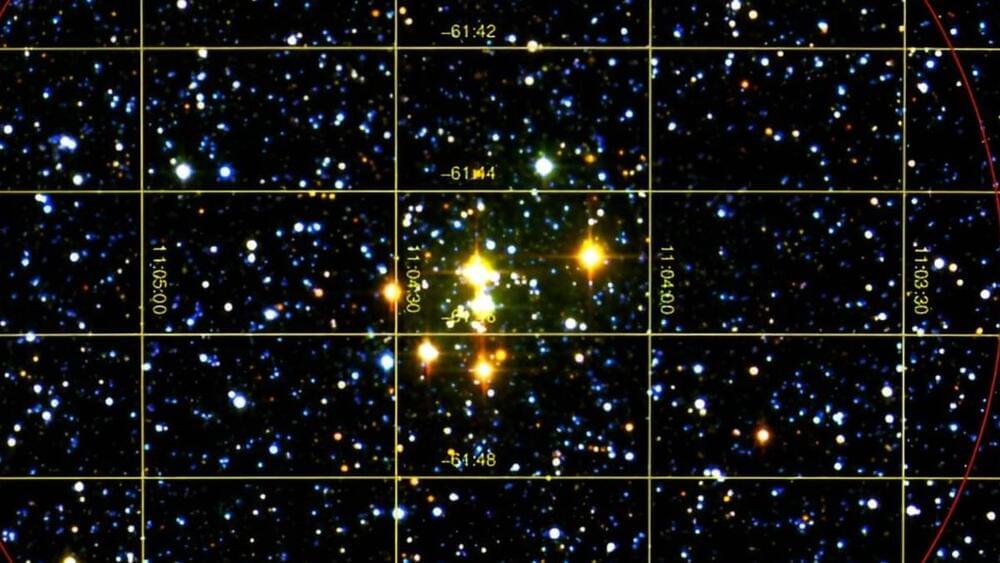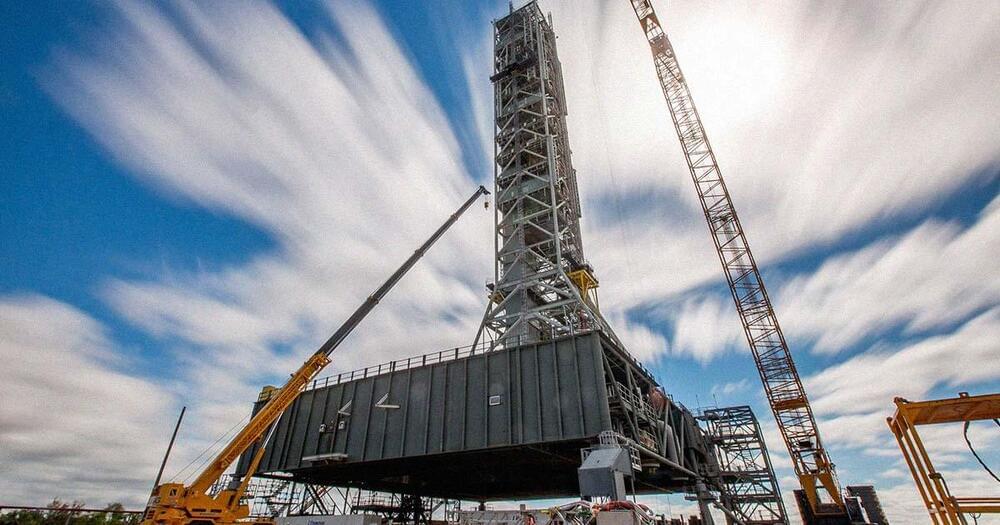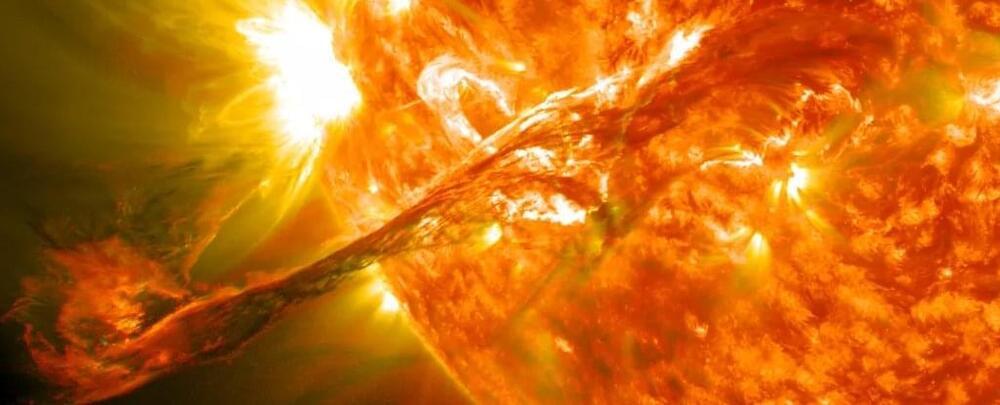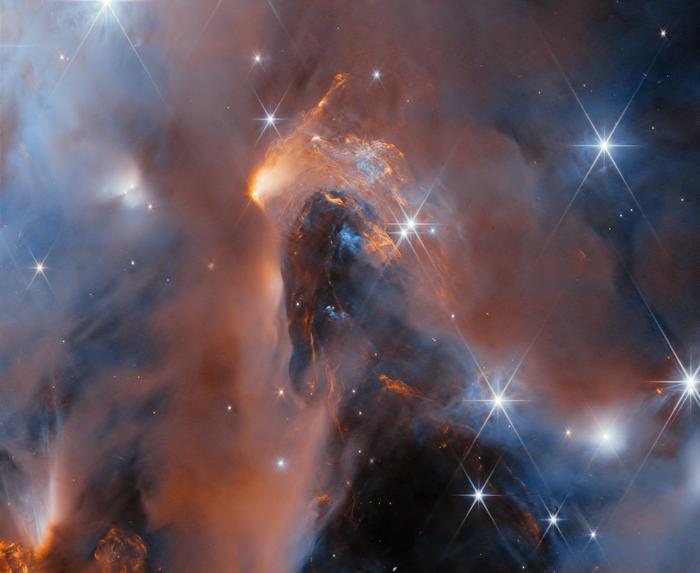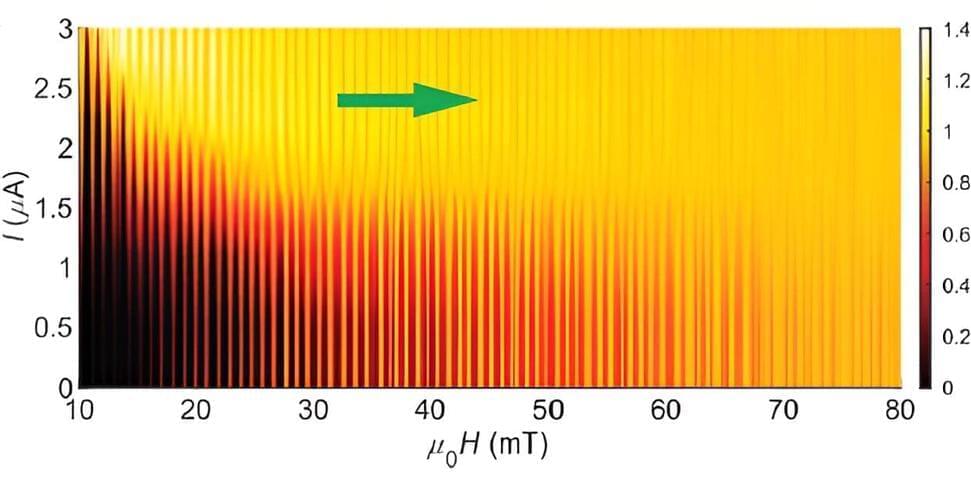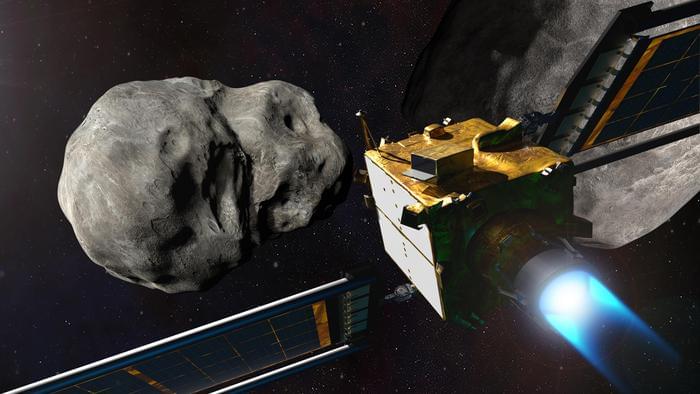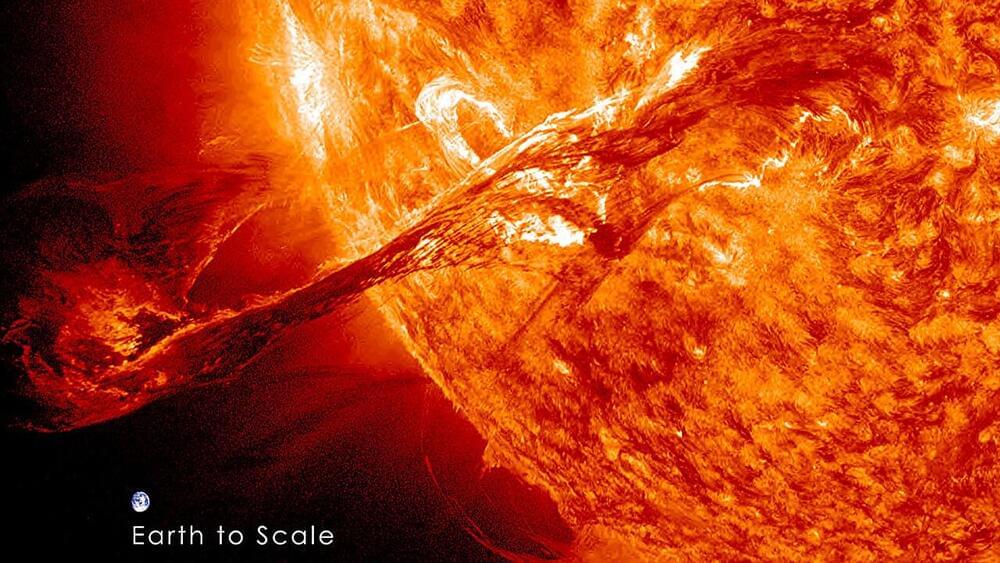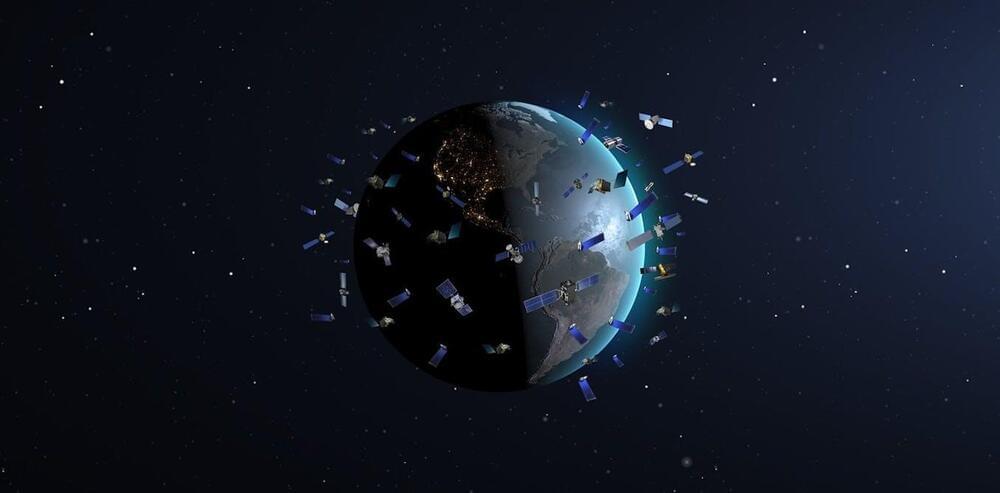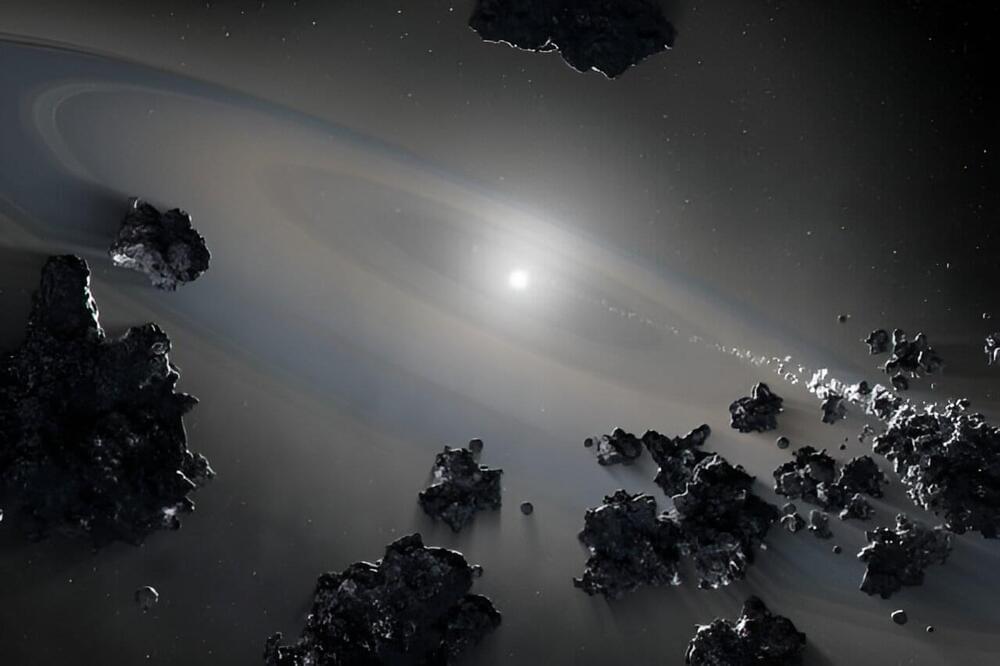“There are many open clusters in the galaxy. However, not all open clusters have the same level of interest to astronomers,” Ignacio Negueruela, a researcher at the Universidad de Alicante who was part of the team behind the discovery of supergiants in Barbá 2, told Space.com. “Clusters rich in red supergiants are very rare and tend to be very far away, but they play a crucial role in understanding key aspects in the evolution of massive stars.”
The intimidating size and power of supergiants means these monster stars burn through their nuclear fuel much faster than stars like the sun. Whereas our star will exist in its main sequence lifetime for around 10 billion years, supergiants are estimated to last just a few million years.
The short lifetime of supergiants means that while open clusters like Barbá 2 are common, with over 1,100 already discovered in the Milky Way alone, finding one packed with red supergiants is extremely rare.
